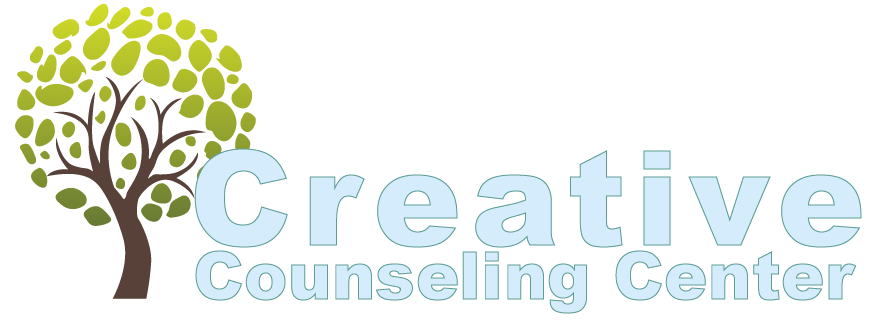Play Therapy
What is play therapy?
Play therapy refers to a large number of treatment methods, all of which make use of one or more of the natural benefits of play. It is a special therapeutic approach for working with children, adolescents, their families and/or care providers.Play is the natural medium of children. Usually, children have not developed the cognitive or verbal skills that adults use to discuss feelings, emotions, and experiences in therapy. A safe and structured playroom environment is established where children are encouraged to play in ways that reveal concerns, problems, and issues they are struggling with.
A qualified play therapist is able to guide the play of children in ways that are therapeutic and healing. Parents, family members or care providers are often included in the play. This allows the play therapist to observe and interpret the full range of systemic/relational dynamics that are important to the child or adolescent. The play therapist is then able to enter into the intrapsychic and systemic reality of the child resulting in appropriate suggestions and interventions.
Play therapy allows:
1. Children to communicate ideas, thoughts, fantasies, feelings and experience through play.
2. Children to recreate and resolve events (such as trauma, divorce, abuse or death of a parent or family member).
3. Children work though various problems in play.
4. Children can rehearse and master skills and other techniques through play.
5. A window for adults, including parents, caregivers, and foster parents, into a child’s world.
6. Children to express themselves as a metaphor for conflicts, emotions, and situations experienced.
7. Children a process of energy enhancement (”doing” versus “talking”).
8. Children a less threatening approach to talk therapy.
9. Children to helps to relieve feelings of tension and stress.
10. Children to develop self-control, self-responsibility, and appropriate self-esteem.
Length of therapy
Each Child processes information differently. The length of therapy depends on several factors of the child’s experiences. The child’s developmental stage and the age of the child at the onset of the issue are taken into consideration. Often times, the more recent the issue, the shorter the therapy.
Parental involvement Parents are encouraged to be a part of the play therapy process by meeting with the therapist on a regular basis. Involvement provides parents with practical strategies for managing problematic behaviors at home. When appropriate, parents may be asked to participate in the play process and be asked to do activities outside the session.
Contact Us
We will get back to you as soon as possible.
Please try again later.

ABOUT THE AUTHOR
Teri Karjala is a Licensed Professional Counselor & Marriage and Family Therapist. She is the founder and Executive Director of Creative Counseling Center, LLC. Working in the field since 1999, Teri and her team of therapists specializes in counseling for those who have experienced trauma. They work with children as young as age 2, as well as teens and adolescents, adults, seniors, families, and couples.
REQUEST A FREE CONSULTATION
If you have questions about counseling, would like to find out if counseling could help you or a loved one, or are interested in learning more about our services, just complete the brief form below to request a Free Phone Consultation. A member of our team will contact you shortly. After a brief conversation, we'll determine together whether our practice is right for you and which therapist may be best suited for your specific circumstance.
Finding the right therapist, one you click with, is less about the therapist's experience and qualifications and more about the therapist's personality. So let's talk. Let us match you with a therapist you have a high likelihood of clicking with.
Fields marked with an * are required.
Contact Us
We will get back to you as soon as possible.
Please try again later.
GET SOCIAL WITH US
CONNECT WITH US
PHONE
EMAIL US
ADDRESS
6021 South Syracuse Way, Suite #216
Greenwood Village, CO 80111
OFFICE HOURS
Monday-Thursday: 8:30am-8pm
Friday: 12pm-5pm
Saturday: 12pm-4pm



